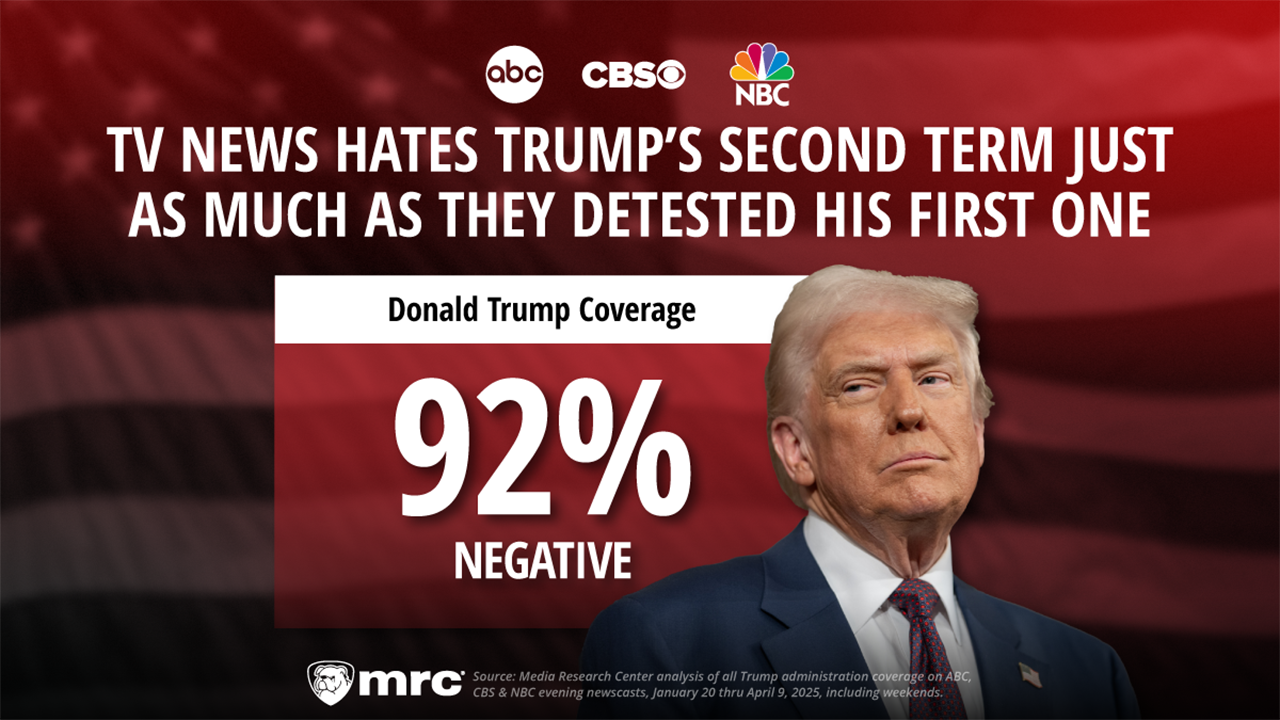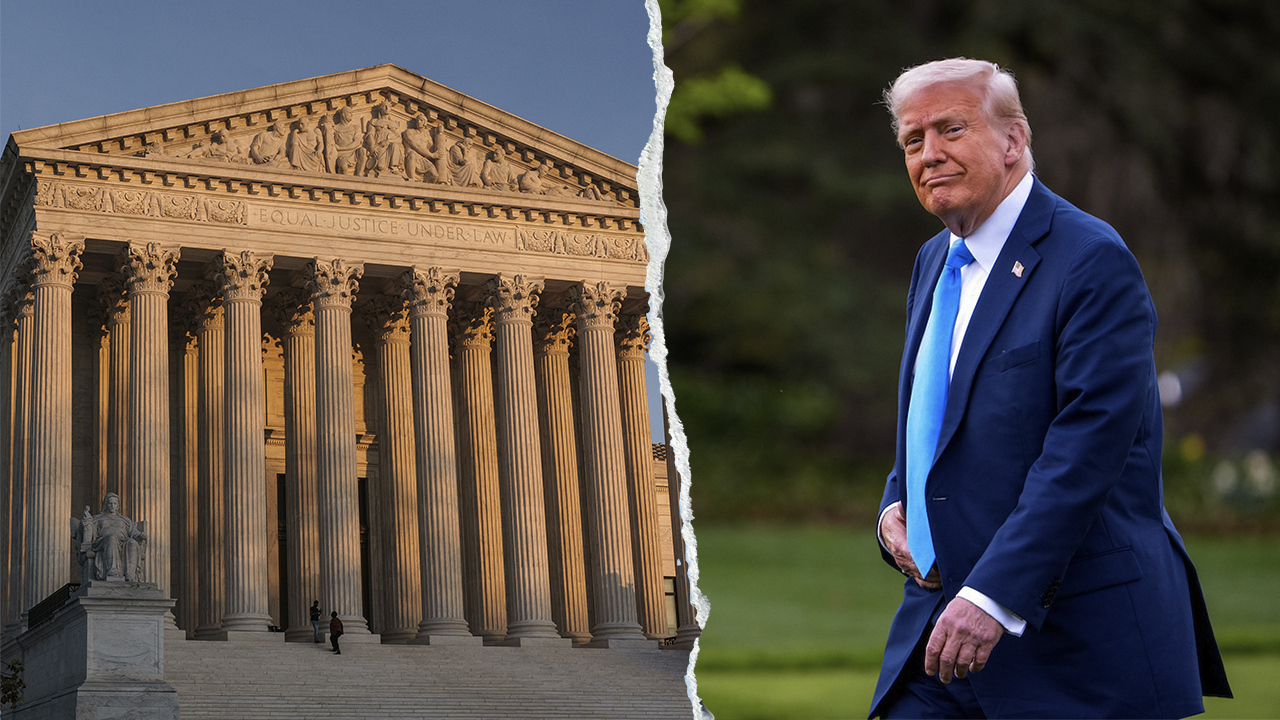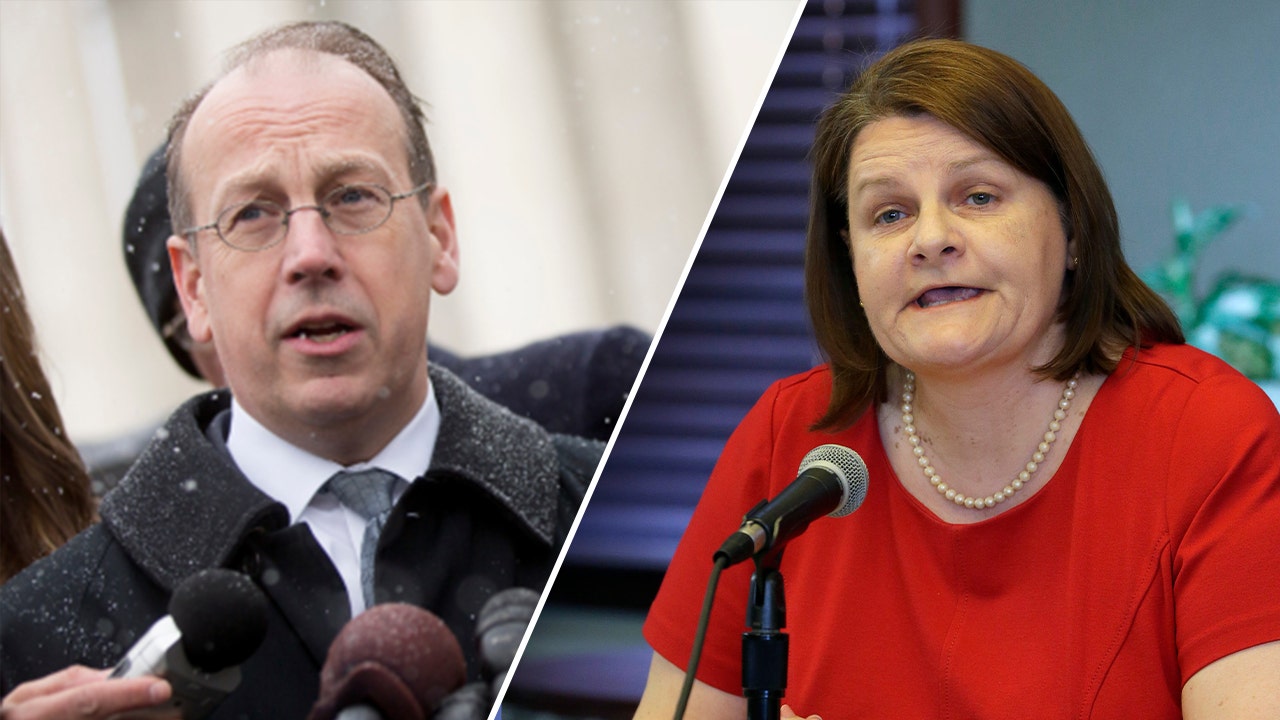Georgia Gov. Brian Kemp’s decision to pass on a Senate bid has top Republican officials scrambling to find a backup plan and avoid a divisive primary — or, at the very least, one divisive candidate.
There are growing concerns in Georgia GOP circles that if Rep. Marjorie Taylor Greene becomes the Republican nominee to take on Democratic Sen. Jon Ossoff, she could hurt the party’s chances to flip the seat, given her divisive reputation and rhetoric, seven GOP sources familiar with the matter told NBC News. Republicans view the battleground race as a key opportunity to expand their three-seat majority next year.
While a Kemp run would have essentially ended the primary, numerous potential candidates — including Greene — are now considering campaigns, setting up a potentially contentious nominating contest.
Yet while Republicans expect a crowded primary after Kemp, the party’s top pick, chose to stay out of the race, some said Kemp and President Donald Trump could still help winnow the field if they decide to pick a favorite.
A potentially crowded primary is “a concern,” a Georgia Republican strategist said. “But I also think that there’s a good chance that, again, the president and the governor end up getting on the same page and picking somebody.”
Kemp, who is popular in Georgia, told supporters at a donor retreat Monday night that he still plans to be involved in the race, remaining active on the campaign trail and supporting the eventual nominee, according to two sources with knowledge of his remarks.
There are also signs that Trump, Kemp and the Senate GOP’s campaign arm may try to work together in the primary. Kemp noted on social media that he and Trump, whose relationship frayed after Trump’s failed attempts to overturn the 2020 election, spoke by phone Monday. Kemp expressed a “commitment” to work alongside Trump and Senate leadership to “ensure we have a strong Republican nominee who can win next November.”
Still, unifying around a single candidate may be easier said than done, and Trump — who has a history of double-endorsing, prioritizing loyalists and going his own way — can be unpredictable.
Already, close to a dozen Republicans have either expressed interest themselves or been floated as potential contenders to take on Ossoff, who is the only Democratic senator running for re-election in a state Trump carried in November. (Democratic Sen. Gary Peters is also retiring in Michigan, leaving behind an open seat.) And some Republicans said a political unknown could also emerge from the private sector.
GOP heartburn
Greene, meanwhile, is giving some Republicans heartburn as she seriously considers running.
She told reporters at the Capitol on Tuesday that she is “weighing my options.” And she told NewsNation on Monday night, after Kemp’s announcement, that “the polling shows I can win the governor’s primary or I can win the Senate primary or I can also continue to represent my district,” adding later that she doesn’t have a timeline to decide.
Some Republicans believe Greene — who has built a national profile and a hefty war chest as a staunch Trump ally but also has a history of promoting conspiracy theories and making controversial comments, would be too polarizing for a general electorate in the purple battleground state.
“She can win a primary. She cannot win a general [election] in Georgia,” Georgia Republican strategist Brian Robinson said.
“That big personality — that fighter persona — is one that revs up the base, attracts loyalty and fans, but also alienates the middle and energizes her enemies,” Robinson added later. Robinson was doubtful that Greene would run, noting that she already wields considerable power in the House.
“The president listens to her; the speaker listens to her. ... She is uniquely situated as very powerful in the House with a national platform and a national name ID,” he said.
Senate Majority Leader John Thune, R-S.D., twice dodged questions this week about whether Greene could win a general election if she were the party’s Senate nominee.
“We believe Georgia is going to be competitive,” Thune said Tuesday. “I have no idea who the Republican nominee would be at this point, but as I said earlier, I’m encouraged by the fact there’s lot of interested Republicans in Georgia, both sitting House members and some statewide officials, who are taking a hard look at the race, and we’ll see how it all shakes out.”
A national political operative who has worked on key GOP races expressed concern that Greene could become “Kari Lake 2.0,” referring to the Arizona Republican beloved by Trump for her MAGA credentials who was the party’s failed nominee for governor in 2022 and the Senate last year.
And a Georgia Republican also reported being worried about the prospect of a “bloody” primary that could result in Greene as the GOP nominee. While Trump won Georgia in November, more people in the state voted for Kamala Harris last year than voted for Joe Biden in 2020, when Biden won — a sign it won’t be easy to flip the Senate seat, especially if Republicans select a nominee who can’t win over moderates and independents.
Ossoff, who is in his first term, said Monday, “I remain prepared to defeat any challenger.”
He has been fundraising off of a potential Greene campaign for months. He has already started to amass a sizable campaign account, with his campaign reporting $11.1 million on hand as of March 31.
Greene, who is in her third term, is a strong fundraiser in her own right, having raked in $8.9 million during the last election cycle as she cruised to re-election in her deep-red district. Her House campaign raised $655,000 in the first fundraising quarter, ending March with $728,000 on hand, which she could use in a Senate run.
‘Massive free-for-all’
Greene is one of multiple Georgia lawmakers considering Senate runs now that Kemp isn’t running. A senior House Republican aide described the looming primary as a “massive free-for-all.”
GOP Reps. Mike Collins, Buddy Carter and Rich McCormick confirmed to NBC News that they are considering running following Kemp’s announcement Monday.
“Never say never,” Collins said. “We’ll see who gets in this thing, who the president gets behind, and we’re going to help him win.”
Carter said he is willing to self-fund “some” of a Senate campaign if he decides to run, saying, “I’m wanting to do what the people want me to do and what God has a plan for me to do.”
McCormick said he will “have discussions about it” and “give it due diligence,” saying he will probably discuss his plans with Trump.
GOP Rep. Rick Allen also said he would defer to Trump when he was asked whether he was weighing running, saying: “If President Trump wants me to run, I’ll run. But I think that’s going to be his decision.”
Georgia Republicans name-checked several other potential candidates, including first-term Rep. Brian Jack, Trump’s former director of political affairs — though some people close to him believe he has his sights set on a long career in the House. Veterans Affairs Secretary Doug Collins, a former House member who made an unsuccessful run for the Senate in 2020, was also mentioned as a potential unifying candidate. But a Georgia Republican strategist suggested Collins is “unlikely” to run unless Trump asks him to himself.
Multiple statewide officials could also be considering running, including Insurance Commissioner John King, Agriculture Commissioner Tyler Harper and Secretary of State Brad Raffensperger. And there are murmurs that a political unknown could emerge from the private sector.
But the prospect of a competitive and bruising primary has some Republicans looking to narrow the field. Further complicating matters is that if no one secures over 50% of the vote in the primary, it will head to a runoff.
“I think that the delegation is going to talk about it, too. We don’t need to have the situation we had when Saxby retired,” Allen said, referring to the 2014 Senate race after GOP Sen. Saxby Chambliss retired, when three House members left Congress after having run for the seat unsuccessfully.
GOP leaders have already shown a willingness to take sides in key Senate races. Thune and National Republican Senatorial Committee Chair Tim Scott, R-S.C., quickly endorsed GOP former Rep. Mike Rogers after he launched his campaign in Michigan.
But it’s unclear whether Senate leaders will be able to do the same in Georgia with so many officials looking to run.
“With a state like Georgia that has a deep bench of accomplished Republicans, that might not be a viable strategy,” a Republican strategist said of potential involvement from Senate leaders. “But at this point in time, I would just say it’s too early to tell.”
As Republicans navigate their primary, they still are broadly confident they can defeat Ossoff in Georgia, which Trump won by 2 points in November.
Robinson, the Georgia Republican strategist, said even their “tier two” candidates will ultimately have the resources to wage strong campaigns, given how much money is expected to pour into the battleground state.
“Of course, Kemp was the best shot,” Robinson said. “But tier two can become tier one with $200 million.”
This article was originally published on NBCNews.com
.png)
 German (DE)
German (DE)  English (US)
English (US)  Spanish (ES)
Spanish (ES)  French (FR)
French (FR)  Hindi (IN)
Hindi (IN)  Italian (IT)
Italian (IT)  Russian (RU)
Russian (RU) 








Comments